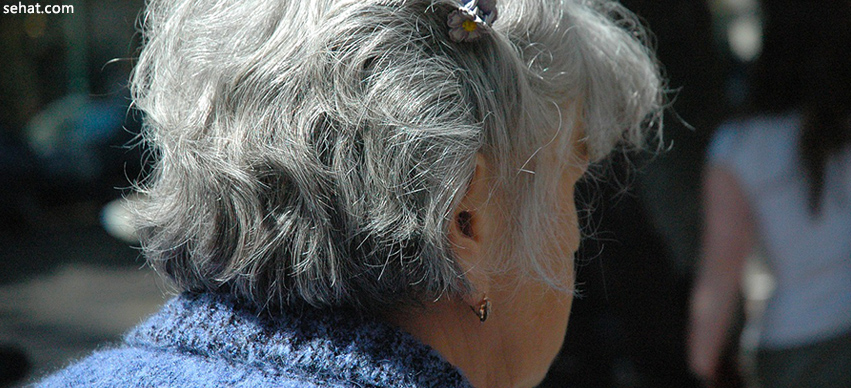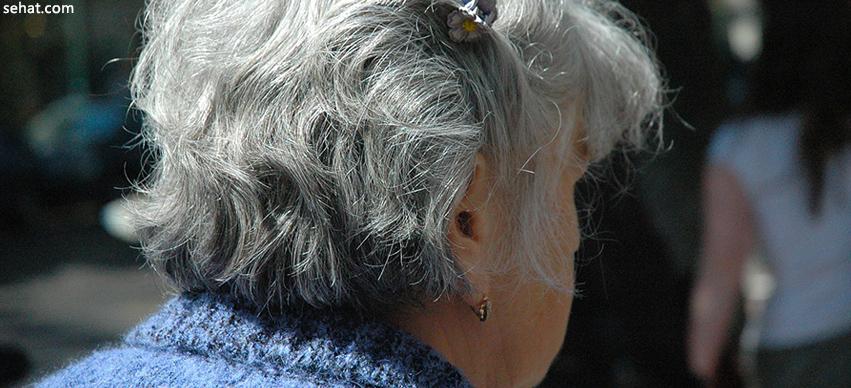Nanoparticle Therapy – An Emerging Cancer Treatment
5 Min Read


Does the thought of approaching the menopause takes your fear to an all new level with every tick of the clock? Do you know that the symptoms of menopause can be managed effectively by making simple changes in your lifestyle? Most women have mixed feelings about menopause. They feel happy that they won’t have to undergo the monthly or deal associated with period anymore. But, they do get skeptical about all the damage that menopause does to their body, sexual life and ultimately their mind.
The severity of menopausesymptoms varies from one woman to another, depending upon her age, general health, hormonal profile and other allied lifestyle factors that affect menopause.Menopause steps in when a woman is 40-50 years of age. Some women may get their last period in their thirties. Premature menopause is caused due to a number of reasons such as failure of ovaries to produce ova or surgical procedures performed on uterus. Radiotherapy and chemotherapy too can cause premature menopause in women undergoing such treatments. Nevertheless, most woman exhibit a common set of symptoms, explained below.
This is the most primitive symptom of menopause. A woman nearing menopause usually experiences irregular and inconsistent period. She may bleed heavily or lightly than she normally does. Most women don’t even get a proper period. They usually experience just spotting. These are the indications that menopause is just around the corner.
Hot flashes are a very common symptom of menopause. A woman experiencing a hot flush feels her body temperature rise and begins to sweat and turns red in the face. A hot flush occurs when the estrogen levels drop way below the normal mark and causes the body temperature to rise. The hypothalamus confuses it with fever and begins its attempts to cool the body off. It does so my inducing the body to perspire heavily. A hot flush lasts usually for 30 seconds to a few minutes.
The dwindling estrogen levels make the vagina dry, causing a woman to experience a stinging sensation around the vaginal orifice. It may also be coupled with itching. The thin layer of mucous covering the inner walls of the vagina at all times begins to dry up due to low levels of estrogen and progesterone. This ultimately makes the act of love-making a painful one. The discomfort and insufficient amounts of the sex hormones send the woman’s sex drive down the hill.
Menopause triggers the occurrence of urinary incontinence and infections of the urinary tract. A woman might experience a burning sensation as she hits the restroom. Consulting a doctor in time can help prevent aggravation of the infection.
It is said that never argue with a woman who has PMS and a shotgun. You see, PMS is a result of reshuffling hormones as the body prepares itself for the oncoming period. Now you can only imagine what hormonal changes during menopause can do to a woman’s mind. We experience frequent mood swings.At one moment we are extremely happy and cheerful; and the very next moment we transform into a violent tornado ready to hit the city!Getting depressed and upset on tiny little things is the part of the package.
Now we have a bigger question in our minds. How does a woman cope with symptoms of menopause? To be honest, it is really not that hard. You have been a strong person all your life. Then why be scared of menopause? I am sure you can take this nuisance down in no time!
Like they say, pain is inevitable, but suffering is optional. The same applies to menopause. We hope you found this write-up useful and that it will help you find relief through your transitional journey.